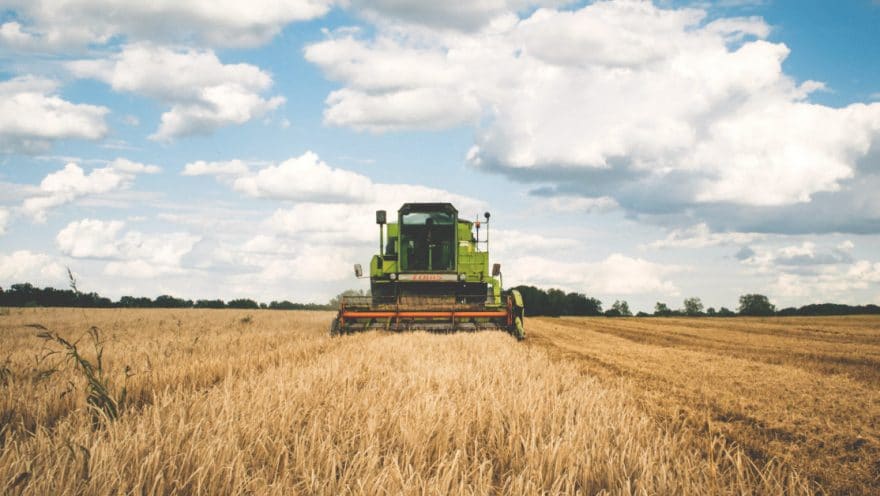As a family lawyer working in Derbyshire and Nottinghamshire I have been advising farmers and their families for many years, so I have a good understanding of the particular difficulties presented by divorce cases where a family farm is involved. And let me tell you, these cases can be very tricky. Just think about it – not only are the couple separating, but potentially the wider family (parents, siblings and, of course, children) could all be directly affected by a badly arranged financial settlement, particularly if it results in the farm having to be sold or divided in some way.
It was a farming case that resulted in probably one of the most important developments in decades regarding the financial fortunes of divorcing women. As a result of the decision in White v White, unless there are clear arrangements, it may be assumed by a court that even the divorcing spouse who does not have their name on the deeds to the land, or is not an active part of a wider family business, nonetheless owns a share in it. In that context, it may need to be sold to pay the share due in a divorce settlement.
That is why formal agreements setting out how any split would be dealt with can be invaluable for any couple who own or have an interest in a family business, particularly so in a farming business. As unromantic as pre-nuptial agreements may still seem to many, they are eminently sensible where assets have been in a family for generations and are expected to be passed through the next generation. Thinking about the worst while things are good is still the best time to do it. Just as people make a will to protect their assets on death, they should, given that around half of marriages end in divorce, take advice on protecting their assets in the event of a marriage break-up.
Here are our top tips on how farming assets can be protected from divorce:
- Ensure that the business has a Partnership Deed making clear exactly which are partnership assets and which are owned by each partner
- Consider drawing up a pre or post-nuptial agreement to make clear what land/assets can be taken into account in a divorce settlement, and giving wider protection for the whole farm business in the event of one of the partners filing for divorce. Whilst not absolutely legally binding, in the recent case of Radmacher, the court upheld the weight of such agreements as long as they are drafted properly, by a family law specialist, and that both parties have taken legal advice.
- Older generations of farmers increasingly set up trusts to keep their land in the wider family.
- Consider alternative ways to resolve your differences like arbitration or collaborative divorce where negotiations take place around the table and agreements can be reached without involving the courts. This type of approach is more likely to allow for options “outside the box” which suit the particular family concerned.
Arbitration can be especially beneficial to those in the farming community where the complexities of dealing with family break-up can be considerable. By choosing a family lawyer with experience in this area you will get the best return when the dust settles.
Michelle Brammer
Divorce and family lawyer Derby


